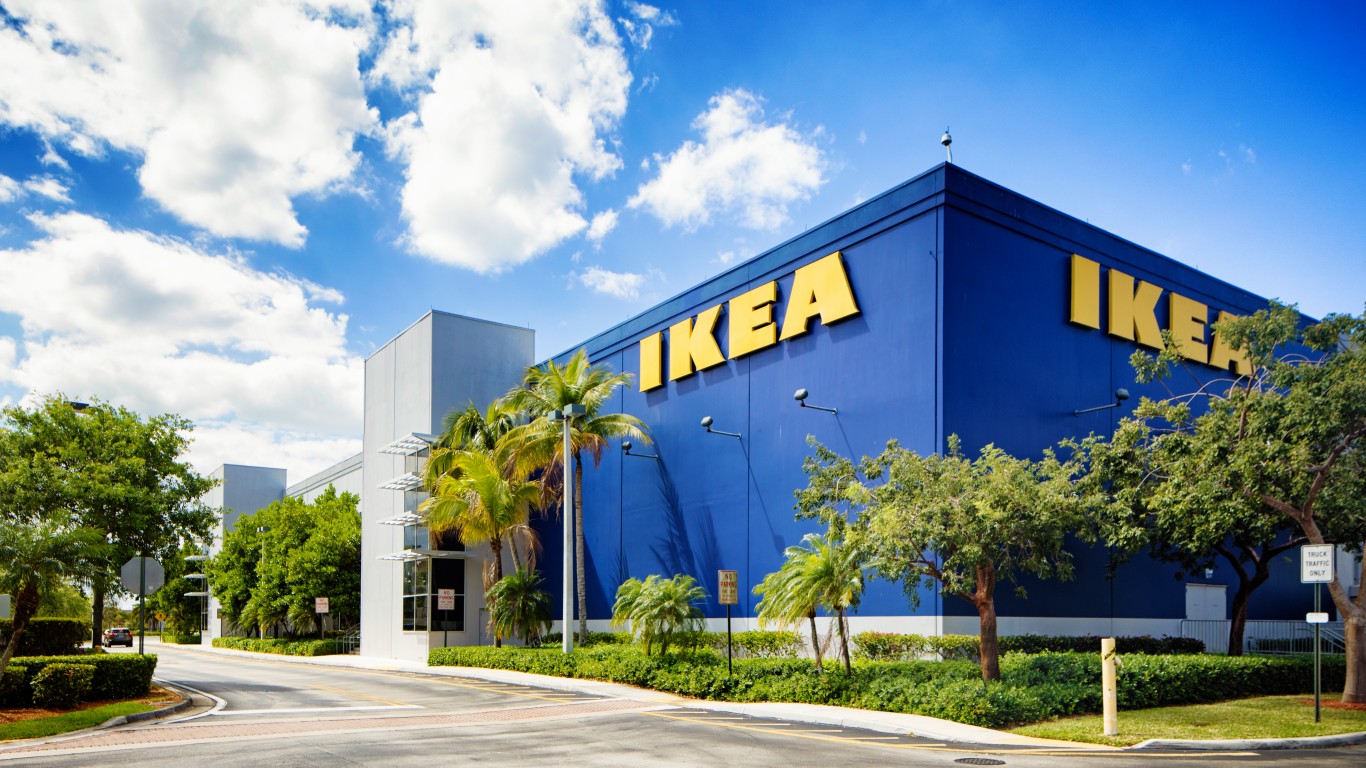
With the climate crisis looming larger, it is becoming ever more clear that humanity must radically change its habits to avoid devastating, irreversible consequences. As of March of 2021, 21% of the world’s 2,000 largest corporations have made commitments to be carbon neutral or achieve net zero emissions by a future date, usually 2050, in an attempt to be consistent with goals set by the Paris Agreement. (Here are 20 islands that will disappear in your lifetime.)
But how can we assess these pledges — is the touted climate consciousness about image or based on thoughtful analysis and planning for the future, with changes in operations designed to make a difference. New Climate Institute, a nonprofit organization that supports climate change research and action, in collaboration with Carbon Market Watch, a nonprofit that promotes climate action, has produced a report, Corporate Responsibility Monitor 2022, to provide insight into how some large corporations that have announced climate goals are actually working to reduce their carbon footprints.
The report assesses 25 companies that together represent $3.2 trillion in revenues and 5% of worldwide greenhouse gas emissions. (All data is from the report.) The assessment paints a dismal picture, with a good amount of corporate publicity about climate commitments amounting to bluster, referred to as “greenwashing.”
The researchers rated companies for “transparency” in terms of disclosures of their emission sources and data, and for the “integrity” of their planning, defined as quality and credibility, and found all companies lacking to a greater or lesser degree. Most companies were cited for incomplete or inconsistent data, reduction strategies that lack detail, and interim goals that do not legitimately create a path to net zero emissions.
Companies need to address not only the carbon output of their own operations, called scope1 emissions, and indirect emissions associated with their energy use, scope 2, but also the emissions from their upstream suppliers and downstream customers, scope 3. Many corporations failed to consider scope 3 emissions. While many companies appear to be sincere in their efforts, progress everywhere is very late coming and very slow playing out. (This company produces the most plastic waste in the world.)
Click here to see if corporations are making good on their promise to fight climate change





